The EDIII Summit: Small Gathering Update and Next Steps
On August 10, 2020, Theatrical Intimacy Education, in collaboration with Princeton University, hosted the first gathering of TIE’s Equity, Diversity, Inclusion, and Intimacy Initiative (EDIII) Summit to explore intersections of race and intimacy choreography. This summit included leaders in the Theatre community, as well as History, Gender Studies, Education, English, Journalism, and African Diasporic Studies.
In recognition of Black Women as the originators of the philosophy of intersectionality and origins of the Me Too movement, centering the voices of Black Women has been integral to this work. We are processing the tremendously important conversations that we began in August and we are moving forward with the next phase of the EDIII Summit, which will be a larger gathering in March 2021.
We are honored that the following participants have joined us as thought leaders to begin this conversation at our initial gathering in August and we are grateful to Princeton University for their ongoing support and participation.
Participants
Silma Sierra Berrada, Class of 2022
Department of English, Certificates in African American Studies, Creative Writing, Theater, & Visual Arts, Princeton University
Belinda (Be) Boyd, MFA
Associate Professor, BFA Acting Coordinator, University of Central Florida
KCACTF Region IV Vice-Chair
Nicole Brewer, MFA
Acting Faculty, Yale School of Drama
Indira Etwaroo, Ph. D.
RestorationART and The Billie Holiday Theatre
Bliss Griffin, MBA, JD candidate
National Diversity & Inclusion Strategist, Actors’ Equity Association
Nicole Hodges Persley, Ph.D.
Associate Professor of American Studies~African and African American Studies, University of Kansas
Ann James
CEO, Intimacy Coordinators of Color
Janaka Lewis, Ph.D.
Associate Professor of English, Director of Women's and Gender Studies Program, University of North Carolina-Charlotte
Kelundra Smith
Freelance Theater Critic and Arts Journalist
Co-Chair, American Theatre Critics Association, Equity, Diversity & Inclusion Committee
Meredith Suttles
Director of Development, TheaterWorksUSA
Shontelle Thrash
Director of Theatre, Professor of Theatre/Communication, Clayton State University
Delicia Turner Sonnenberg
Director, Founding Artistic Director of Moxie Theatre, San Diego (2004-2017)
Joy Vandervort-Cobb
Actor, Director, Voice Actor, Coach
Organizers
Kaja Dunn, MFA
Assistant Professor of Theatre, Head of Acting, Affiliate Africana Studies, UNC Charlotte
Affiliate Faculty, Theatrical Intimacy Education
Brian Eugenio Herrera, Ph.D.
Associate Professor of Theater and Gender & Sexuality Studies, Lewis Center for the Arts, Princeton University
Chelsea Pace, MFA
Assistant Professor of Theatre, University of Maryland Baltimore County
Co-Founder and Head Faculty, Theatrical Intimacy Education
Laura Rikard, MFA
Assistant Professor of Theatre, University of South Carolina Upstate
Co-Founder and Head Faculty, Theatrical Intimacy Education


